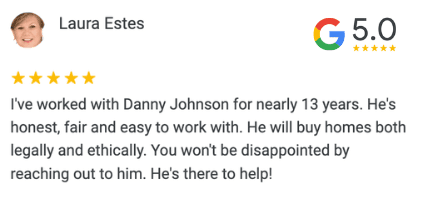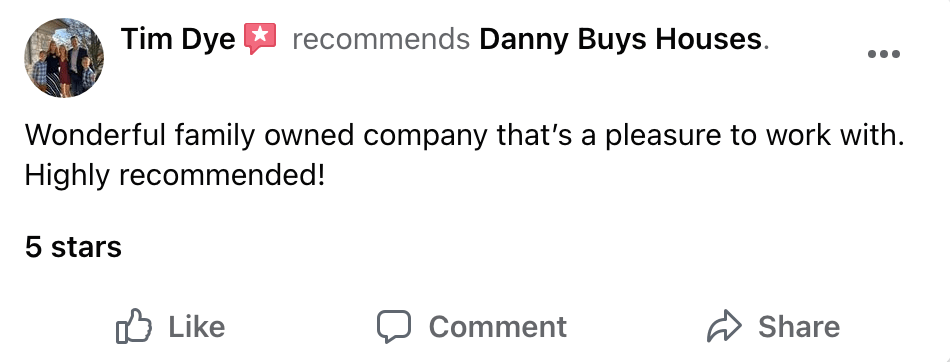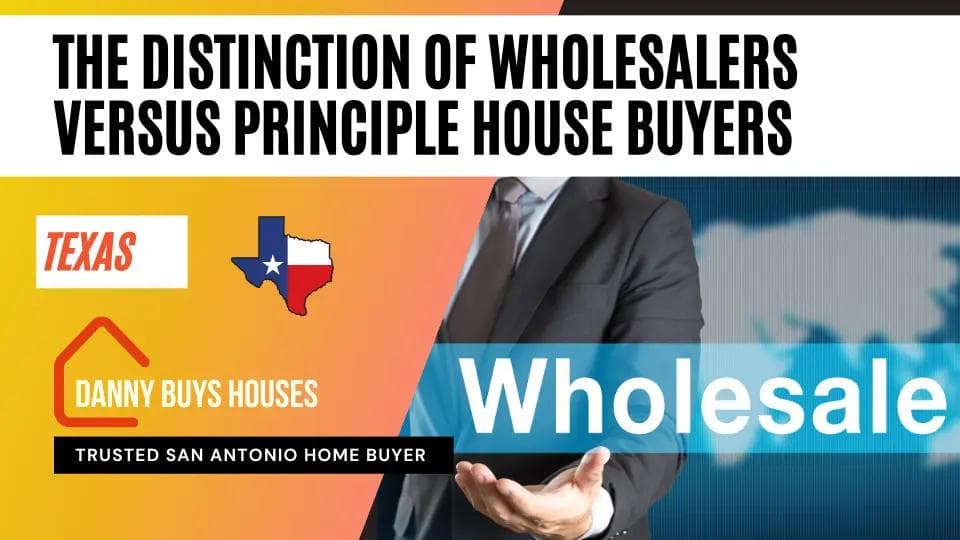
The Important Distinction of Wholesalers Versus Principle House Buyers
By Danny Johnson | Updated 3/21/2025, 3:15:53 PM
Discover the key differences between wholesalers and end buyers in real estate wholesaling. Understand their roles in purchasing properties.
- Key Takeaways
- Understanding Real Estate Wholesaling Fundamentals
- The Role of a Real Estate Wholesaler
- Contract Assignment and Double Closing Methods
- How Wholesalers Generate Income
- Different Between Wholesalers Versus Principle House Buyers
- Investment Approaches and Risk Levels
- Capital Requirements and Financing
- Property Ownership and Control
- Timeline and Transaction Process
- Key Benefits and Challenges in Both Business Models
- Avoid the Risk of Wholesalers and Get a Cash Offer From Danny Buys Houses
🗂 Table of Contents
Ever needed to sell your house quickly? I have, and it's stressful. That's when I learned about real estate wholesaling and principle house buyers. Knowing the difference between them can change the game in real estate.
I've been through this myself. I want to share my experience to help you. Whether you're selling a house or getting into real estate, understanding these concepts is key. Let's explore wholesalers and principle house buyers together.
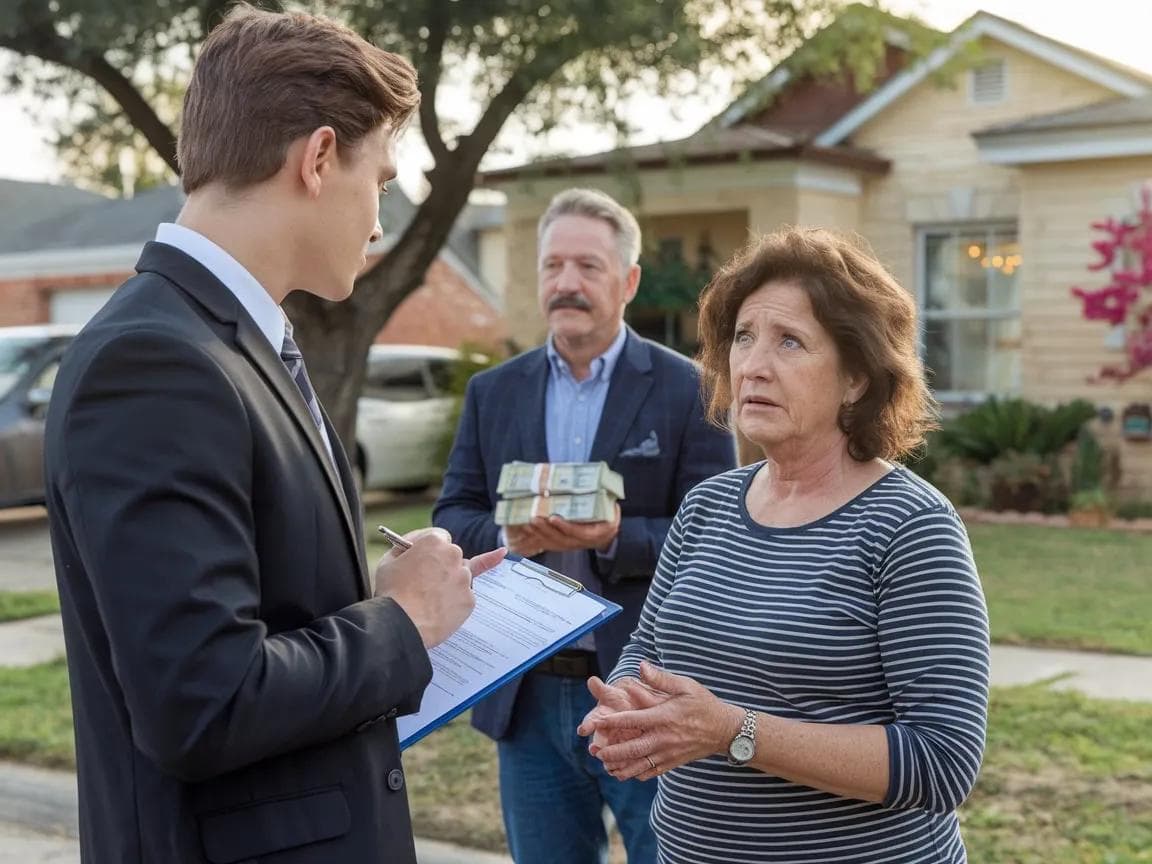
Did you know assignment fees for wholesaling houses can be $1,000 to $30,000? Be careful selling a house to a wholesaler. There is a chance the deal will fall through.
Cash buyers are usually independent local house buyers and usually close in 2 to 3 weeks, while loans take 30 to 40 days. These are just a few interesting facts we'll look at in the world of property and real estate investing.
So, get ready! We're going to find out the main differences between wholesalers and principle house buyers. After all each of these is simply a type of cash buyer. By the end, you'll know how to move through the property market with confidence.
Key Takeaways
- Wholesalers and principle house buyers have distinct roles in real estate transactions
- Understanding these differences is crucial for both sellers and investors
- Wholesaling involves quick transactions, often completed within 30 days
- Principle buyers typically have more capital and take on more risk - they are typically the end buyers of the wholsaler's deals
- Cash buyers prefer faster closings compared to conventional loan transactions
- Due diligence is a critical step in real estate deals, often lasting 7-14 days
- Legal representation is recommended for all parties involved in property transactions
Understanding Real Estate Wholesaling Fundamentals
Real estate wholesaling is a special way to invest in property. It lets you start without needing a lot of money first. Let's explore how it works and why it's becoming more popular.
The Role of a Real Estate Wholesaler
A real estate wholesaler is like a middleman. They find properties from sellers who really need to sell and connect them with buyers, principle buyers Their goal is to make money without actually owning the property. It's like being a matchmaker in the real estate world.
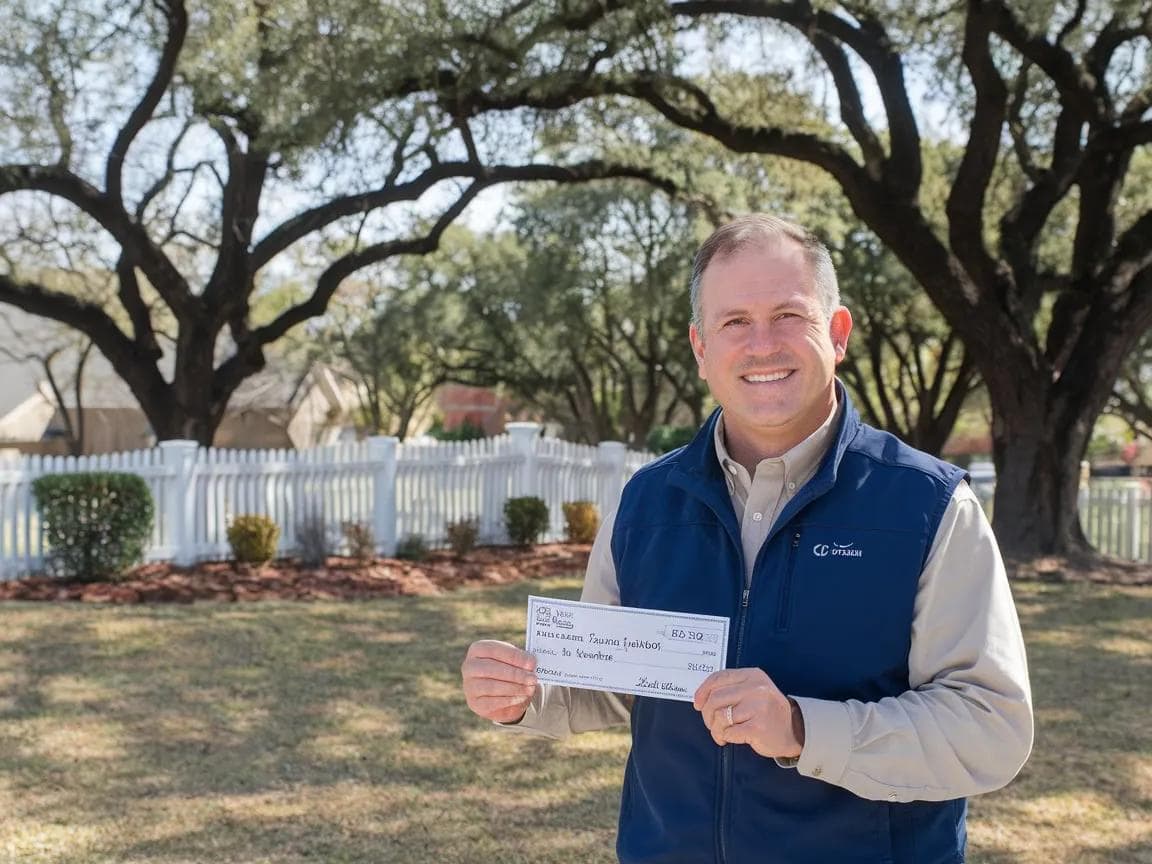
Contract Assignment and Double Closing Methods
Wholesalers use two main ways to make deals: contract assignment and double closing. With contract assignment, they pass the purchase agreement to a buyer. In double closing, they buy and then sell the property right away. Both methods help them avoid owning property for long.
How Wholesalers Generate Income
Wholesalers earn money through fees. These fees are usually 5% to 10% of the property's price. They can make $5,000 to $20,000 per deal. The trick is finding properties that are under market value and selling them fast.
- 51% of home buyers find properties online
- Wholesalers often target distressed properties
- Building a strong network is crucial for success
The wholesale real estate market offers chances for those ready to learn. It doesn't need a license or deep knowledge of renovations. But, remember, laws differ by state, so it's key to research before starting.
Different Between Wholesalers Versus Principle House Buyers
Let's explore the main differences between wholesalers and principle house buyers. This knowledge is crucial if you're selling your home or getting into real estate investing.
Investment Approaches and Risk Levels
Wholesalers focus on quick, short-term investments. They look for properties that are underpriced and then quickly sell the contract to a buyer. Principle house buyers, on the other hand, take on more risk. They buy properties outright, often for flipping or renting long-term. They are the ones actually putting up the money and buying the houses the wholesalers are selling.
You might be thinking, "why would I want to sell to the wholesaler when I can sell directly to the principle buyer?"
You can, but the difficulty is in determining who the real principle buyers are. In San Antonio, Texas, that is easy. Danny Buys Houses is a principle house buyer.
Capital Requirements and Financing
Wholesaling requires little money to start. You usually need about $5,000 for an earnest money deposit. Principle buyers need more money for the purchase price and any renovations. They often work with real estate agents and lenders to get the funds they need.

Property Ownership and Control
Wholesalers never own the properties they deal with. They control them through contracts. Principle buyers, on the other hand, own the property outright. This gives them full control over the property and its future.
Timeline and Transaction Process
The transaction process for wholesalers is very fast. They aim to close deals in 30 to 45 days. Principle buyers have a longer timeline, which can be even longer if they're planning renovations. Cash buyers can speed up the process, but it's still faster than wholesaling.
Understanding these differences is key when choosing your real estate strategy. Whether you're wholesaling or becoming a principle buyer, each path has its own challenges and benefits. For more insights on wholesale real estate, check out this comprehensive guide.
Key Benefits and Challenges in Both Business Models
Real estate investing offers unique opportunities, but it's not without its hurdles. Wholesaling and principle buying each come with their own set of pros and cons. Let's break it down!
Wholesaling can be a great entry point for newbies. It requires less capital and carries lower risk since you're not buying properties outright. Your profit margin depends on your negotiation skills and market knowledge. But remember, competition is fierce, and you'll need to build a solid network to succeed.
On the flip side, principle buying gives you more control over the investment. You can boost cash flow through rentals or increase market value through renovations. But, it demands more upfront capital and comes with greater legal considerations.
- Wholesaling pros: Lower risk, less capital needed
- Wholesaling cons: Thin margins, high competition
- Principle buying pros: More control, potential for higher returns
- Principle buying cons: Higher initial costs, more responsibilities
Both models require sharp negotiation skills and a deep understanding of market trends. It's crucial to stay informed about wholesale vs retail dynamics to maximize your investment opportunities. Whether you choose wholesaling or principle buying, success in real estate investing boils down to smart decision-making and adaptability.
Avoid the Risk of Wholesalers and Get a Cash Offer From Danny Buys Houses
Selling your home can be tough, and quick sales are often sought. Wholesalers might seem good, but they come with risks. In San Antonio, Danny Buys Houses offers a fair price and a simple selling process. This beats the uncertainty of wholesalers.
Get a direct cash offer from a trusted buyer. Danny Buys Houses offers a clear and quick way to sell a home without the hassle of real estate agents or wholesaler risks.
We offer fair cash offers, handle all paperwork, and close on your schedule. Unlike wholesalers who make money off you, we aim to give you the best deal. By choosing Danny Buys Houses, you're not just getting a fast sale. You're working with a local company that values your property and your peace of mind.
Frequently Asked Questions
In this section we will answer the most common questions to real estate wholesalers versus end buyers
What is the primary role of a real estate wholesaler compared to an end buyer?
A real estate wholesaler acts as an intermediary who secures properties at below-market prices and assigns the purchase contract to an end buyer for a fee. The end buyer, on the other hand, purchases the property intending to either occupy it, renovate and resell it, or hold it as a long-term investment.
How do wholesalers profit from real estate transactions?
Wholesalers profit by negotiating a lower purchase price with the property seller and then assigning the contract to an end buyer at a higher price. The difference between these two amounts is their assignment fee.
What are some common strategies used by end buyers in real estate transactions?
End buyers commonly use strategies such as fix-and-flip (renovating and selling quickly for profit), buy-and-hold (purchasing for rental income or long-term appreciation), and owner-occupancy (living in the property themselves).
How does due diligence differ between wholesalers and end buyers in real estate deals?How does due diligence differ between wholesalers and end buyers in real estate deals?
Wholesalers typically conduct preliminary due diligence to ensure that a property is undervalued before securing it under contract. End buyers perform more extensive due diligence, including inspections, appraisals, and financing arrangements because they take ownership of the property.
What are some legal considerations both parties must be aware of in wholesale transactions?
Both wholesalers and end buyers need to understand state laws regarding assignment contracts, disclosure requirements, licensing regulations if applicable, and ensuring clear communication about terms within contractual agreements to avoid disputes.

AUTHOR
Danny Johnson
Owner and Founder at Danny Buys Houses
Danny Johnson is an experienced real estate investor who has been buying houses for cash since 2003. As owner of Danny Buys Houses, Danny's goal is to help homeowners sell their house fast, regardless of the situation, so they can move on with their life.
Danny has been featured in publications such as Forbes, Realtor.com, BiggerPockets, Yahoo Finance, US News, and more. He is also the author of the book 'Flipping Houses Exposed'.


